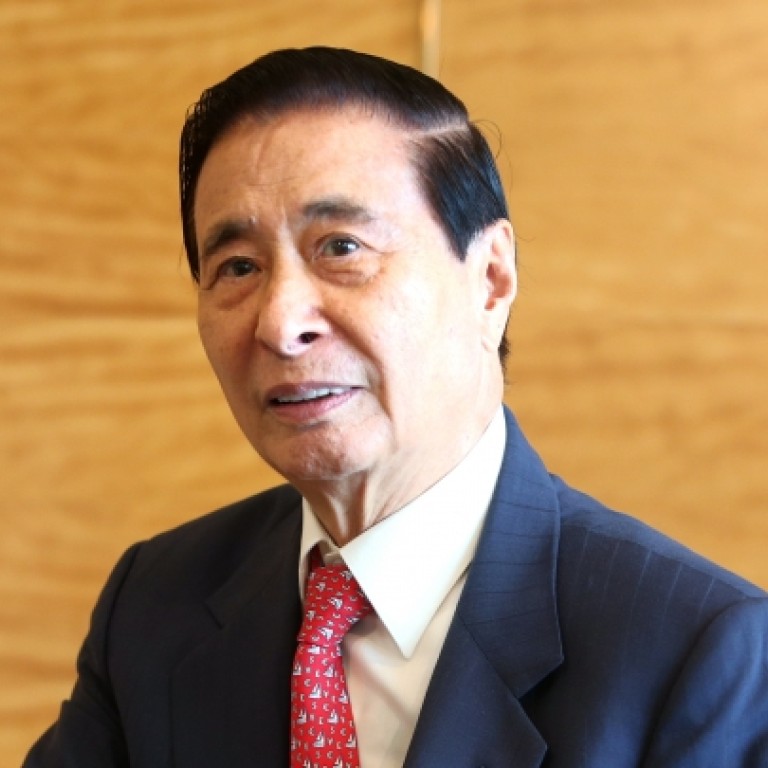
Offer of free land raises questions
Acts of philanthropy should be welcomed - even more so when they help resolve pressing problems that affect many in society. So when property tycoon Lee Shau-kee announced plans to donate seven plots of farm land to the government to build affordable housing for young buyers, he deserved public applause. However, given the sensitivity of land supply and the hostility towards the rich and influential among some local people, the mixed reaction was understandable.
Acts of philanthropy should be welcomed - even more so when they help resolve pressing problems that affect many in society. So when property tycoon Lee Shau-kee announced plans to donate seven plots of farm land to the government to build affordable housing for young buyers, he deserved public applause. However, given the sensitivity of land supply and the hostility towards the rich and influential among some local people, the mixed reaction was understandable.
Appealing as it sounds, the giveaway raises a wide range of issues that require thorough discussion. Under Lee's proposal, the first two lots in Yuen Long and Fanling could provide 3,000 small flats, each priced at about HK$1 million. Buyers would not have to fork out hefty down payments and the mortgage would cost only about HK$5,000 a month. But the deal is that no extra land premium shall be charged for converting the land use; construction and other infrastructural facilities will be financed and carried out by the government.
It sounds too good to be true that a tycoon who has made a fortune in property over the years would help young buyers by giving away land for free. Denying suggestions that the move is intended to benefit his listed flagship Henderson Land Development, Lee says he is getting old and wants to use his money in a meaningful way. A commendable spirit.
Public perception can be different, though. It is to be expected that a new housing project of such a size in a rural area will bring improvements in infrastructure, transport links and, ultimately, a rise in property prices. This is not to suggest Lee wants to donate with the intention of gaining from the synergy effect. But his property company is known to be one of the biggest landlords in the New Territories. He stands to benefit from such improvements, like other developers and landowners in the area. It is hardly surprising that people have associated the donation with the benefits to be gained.
The government already runs an array of subsidised housing schemes for different income groups. Arguably, it is up to the philanthropist to decide which sector needs his help the most. But since the project involves public resources, it has to be asked why young buyers are more in need than others.
Lee's goodwill gesture can be explored further. But officials have to examine the issues involved carefully and make a convincing case that the project is in the public interest. There should be clear rules for those who want to do the same.

